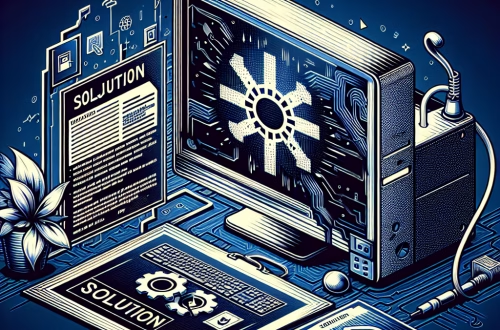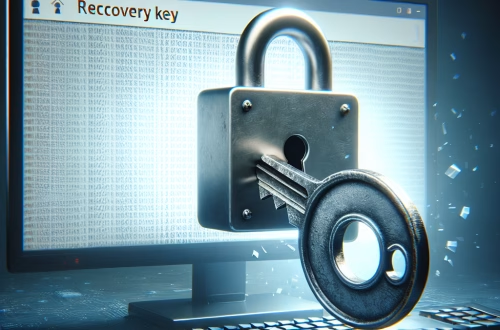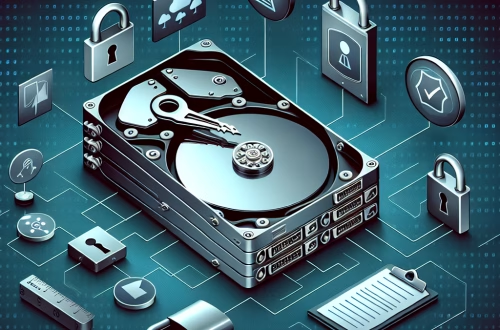Does BitLocker Affect SSD Performance Explained:
BitLocker, Microsoft’s full-disk encryption tool, is designed to secure data by encrypting entire drives. When used on SSDs, BitLocker can introduce minimal performance overhead due to encryption and decryption processes. Modern SSDs with hardware-based encryption (e.g., AES-NI) often mitigate this impact. However, software-based encryption, older SSDs, or systems with insufficient resources may experience noticeable slowdowns during read/write operations, boot times, or data-intensive tasks.
What This Means for You:
- Immediate Impact: BitLocker may slightly reduce SSD performance, particularly during boot-up or high-intensity tasks like large file transfers or database operations.
- Data Accessibility & Security: Ensure your SSD supports hardware encryption to minimize performance loss while maintaining data security.
- System Functionality & Recovery: Regularly back up your BitLocker recovery key and monitor system performance to address potential bottlenecks.
- Future Outlook & Prevention Warning: Upgrade to SSDs with hardware encryption and ensure your system meets BitLocker’s hardware requirements to avoid performance degradation.
Does BitLocker Affect SSD Performance:
Solution 1: Enable Hardware-Based Encryption
Modern SSDs often support hardware-based encryption, which offloads encryption tasks to the drive itself, reducing CPU overhead. To enable this, ensure your SSD is compatible with Self-Encrypting Drive (SED) technology and check if BitLocker is utilizing it. Open Command Prompt as an administrator and enter:
manage-bde -status
If the “Hardware Encryption” field is not active, configure your SSD to use hardware encryption through its manufacturer-specific software or firmware settings. This can significantly improve performance while maintaining security.
Solution 2: Optimize BitLocker Settings
BitLocker allows users to adjust encryption settings to balance performance and security. For SSDs, using XTS-AES encryption mode is recommended due to its efficiency. To configure this, open Group Policy Editor (gpedit.msc) and navigate to:
Computer Configuration > Administrative Templates > Windows Components > BitLocker Drive Encryption > Choose Drive Encryption Method and Cipher Strength
Set the encryption method to "XTS-AES 256-bit" for optimal performance. Additionally, ensure the "Used Space Only" encryption mode is selected during BitLocker setup to reduce initial encryption time.
Solution 3: Upgrade SSD Firmware
Outdated firmware can hinder SSD performance, especially when BitLocker is active. Check your SSD manufacturer's website for firmware updates. For example, Samsung provides tools like Samsung Magician to update firmware effortlessly. After updating, monitor performance improvements using tools like CrystalDiskMark or Task Manager to measure read/write speeds and latency.
Solution 4: Allocate Sufficient System Resources
BitLocker's performance impact is more pronounced on systems with limited CPU or RAM. Ensure your system meets or exceeds the recommended specifications for BitLocker. Upgrade to a multi-core processor, increase RAM, and ensure your SSD is connected via a high-speed interface (e.g., NVMe or SATA III) to minimize bottlenecks.
People Also Ask About:
- Does BitLocker slow down my SSD? BitLocker may cause minimal slowdowns, especially on older SSDs or systems without hardware encryption.
- Can I disable BitLocker to improve SSD performance? Disabling BitLocker removes encryption but compromises data security.
- Does BitLocker affect NVMe drives? NVMe drives with hardware encryption typically experience negligible performance impact.
- How do I check if my SSD supports hardware encryption? Use
manage-bde -statusin Command Prompt to verify hardware encryption status. - Is BitLocker compatible with all SSDs? BitLocker works with most SSDs, but performance varies based on hardware encryption support.
Other Resources:
Suggested Protections:
- Use SSDs with hardware encryption support (e.g., AES-NI).
- Regularly update SSD firmware for optimal performance.
- Monitor system performance and adjust BitLocker settings as needed.
- Back up BitLocker recovery keys to ensure data accessibility.
- Upgrade system resources (CPU, RAM, SSD interface) to minimize performance impact.
Expert Opinion:
BitLocker remains a robust encryption solution for SSDs, but its performance impact depends heavily on hardware and configuration. Investing in modern SSDs with hardware encryption and optimizing BitLocker settings ensures both security and performance, safeguarding your data without compromising system efficiency.
Related Key Terms:
- BitLocker encryption
- SSD performance optimization
- Hardware-based encryption
- XTS-AES encryption
- Self-Encrypting Drive (SED)
- NVMe SSD compatibility
- BitLocker recovery key
*Featured image sourced by Pixabay.com




